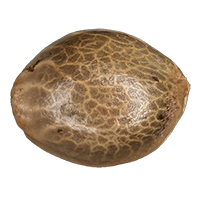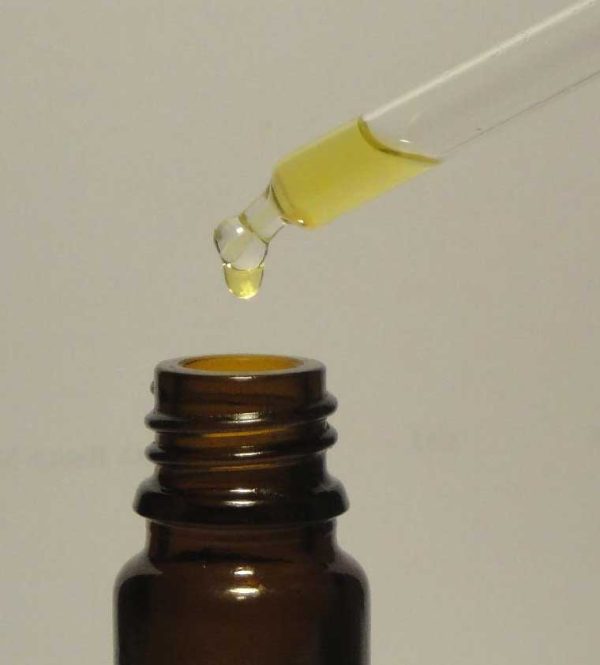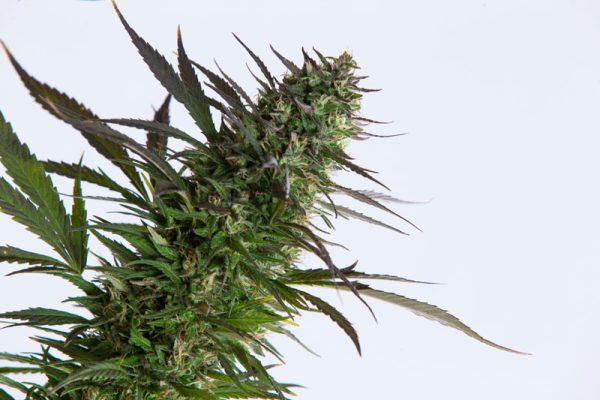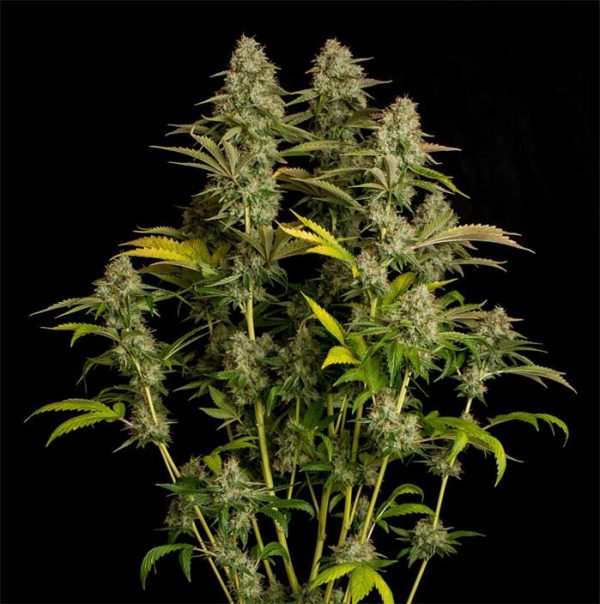The potential of marijuana to treat autoimmune diseases

As we can see from the latest research, marijuana and its effective components could play a crucial role in modifying gene activity in the future and thus decisively contribute to treating certain diseases and especially autoimmune diseases.
A new study by researchers at the University of South Carolina shows that THC (tetrahydrocannabinol), a major component in cannabis, may be beneficial in treating patients with autoimmune disease.
The study, published in the Journal of Biological Chemistry, is the first to look at how small, powerful molecules called micro-RNAs are affected by THC. Micro-RNAs are a recently discovered class of non-coding RNAs that play a central role in the regulation of gene expression (= how the genetic information - of a gene/section of DNA is expressed).
 The ability to alter microRNA expression is thought to be the key to successful treatments for a range of autoimmune diseases including arthritis, multiple sclerosis and type 1 diabetes.
The ability to alter microRNA expression is thought to be the key to successful treatments for a range of autoimmune diseases including arthritis, multiple sclerosis and type 1 diabetes.
The study was conducted by researchers from the USC School of Medicine by injecting laboratory mice with THC and analysing 609 microRNAs. The researchers identified 13 unique microRNAs that were strongly influenced by THC.
MicroRNAs have profound effects on the immune system, acting as "brakes" that capture more than 60 per cent of all gene expression. Since microRNAs normally suppress gene expression, when a microRNA is over-expressed, the affected gene is immobilised. But when the microRNA is turned off, the affected gene is expressed at an increased level.
The authors of the study also looked at how a particular microRNA, miRNA-690, targets an important protein called C/EBP. The miRNA-690 is very strongly expressed in response to THC. This molecule in turn triggers unique cells known as Myeloid Suppressor Cells (MDSC) that suppress inflammation.
Leading authors Drs. Prakash and Mitzi Nagarkatti have been studying how marijuana can alter immune function and inflammation for over a decade. They were the first to show that marijuana components trigger the MDSC to suppress inflammation.
Dr Mitzi Nagarkatti, chair of the Department of Pathology, Microbiology and Immunology at the USC School of Medicine, said the latest study shows that understanding microRNA expression brings enormous potential for new medical breakthroughs.
This study identified the molecular mechanism of the immune-modifying effects of marijuana. This influence could play an important role in the treatment of cancer , inflammation and autoimmune diseases in the future.
Dr. Venkatesh Hegde recently conducted a study on the same topic together with her team. She also describes marijuana as an effective treatment for inflammatory and autoimmune diseases.
Also, recent studies by Italian scientists have interestingly also proven that specifically cannabidiol (CBD), cannabigerol (CBG) and cannabidivarin (CBV) are able to alter negative gene activities associated with skin cancers.
American Society for Biochemistry and Molecular Biology
[fblike style="standard" showfaces="false" width="450″ verb="like" font="arial"] [fbshare type="button"]















